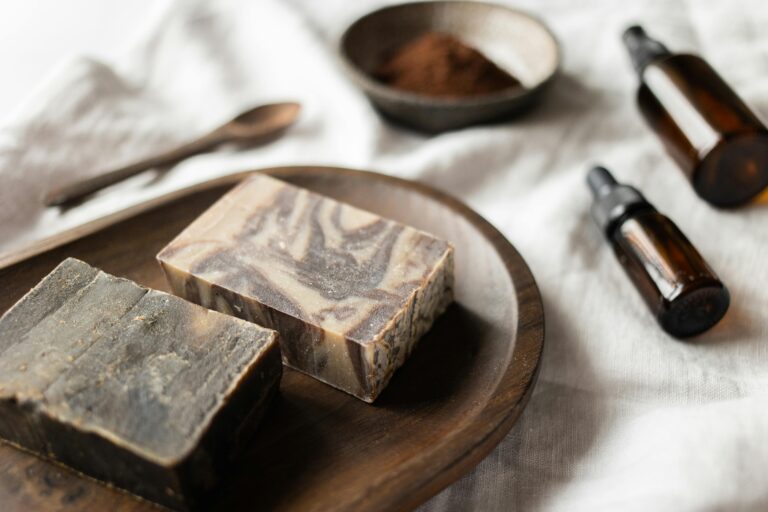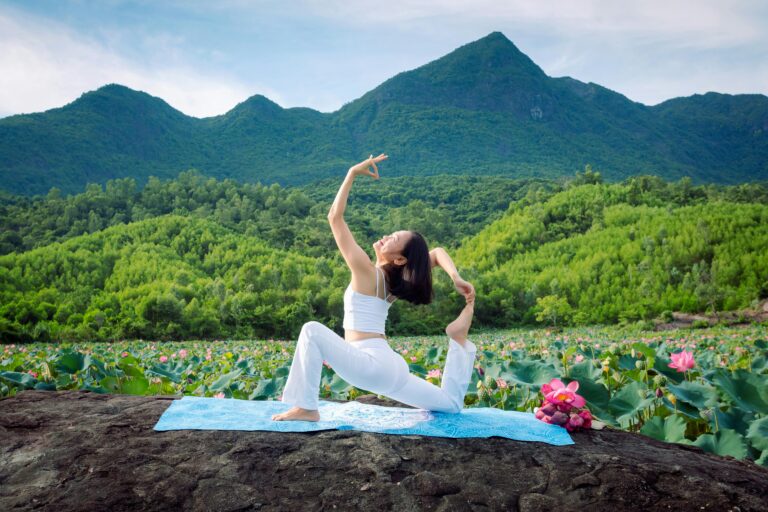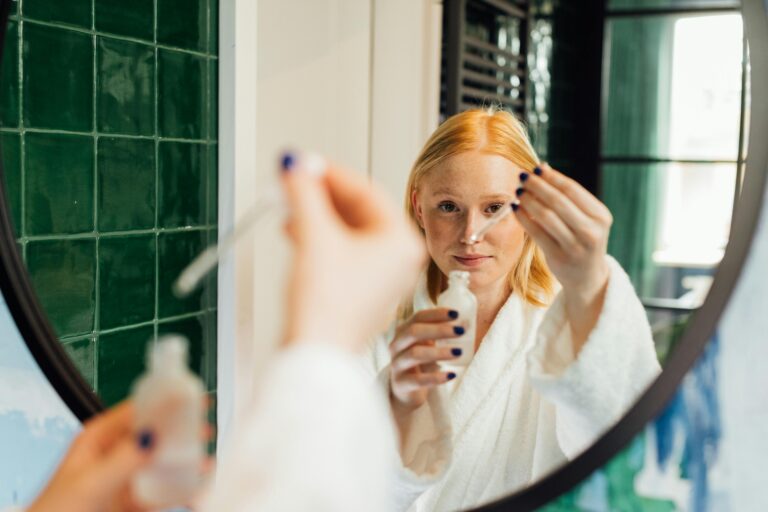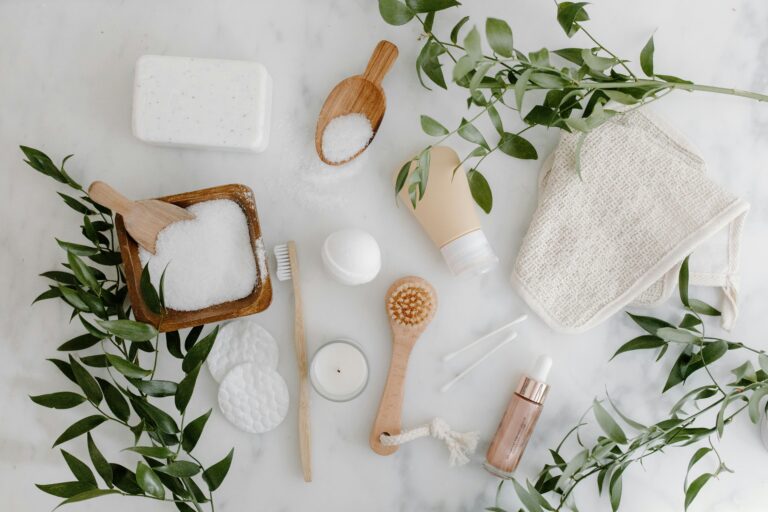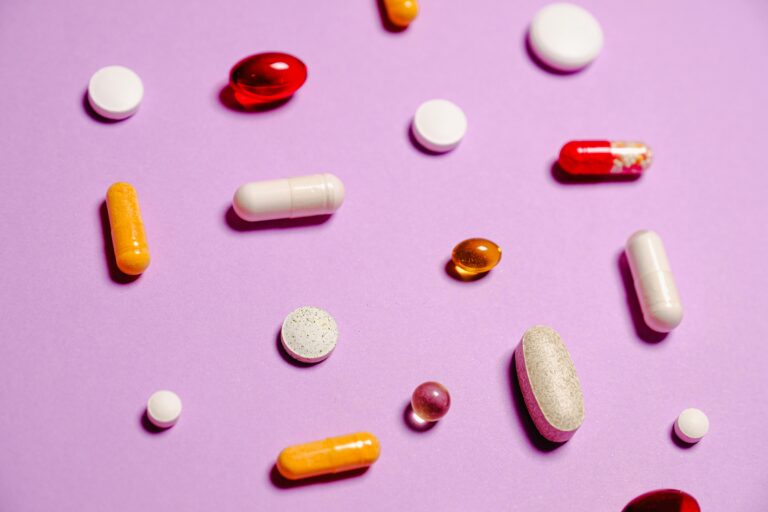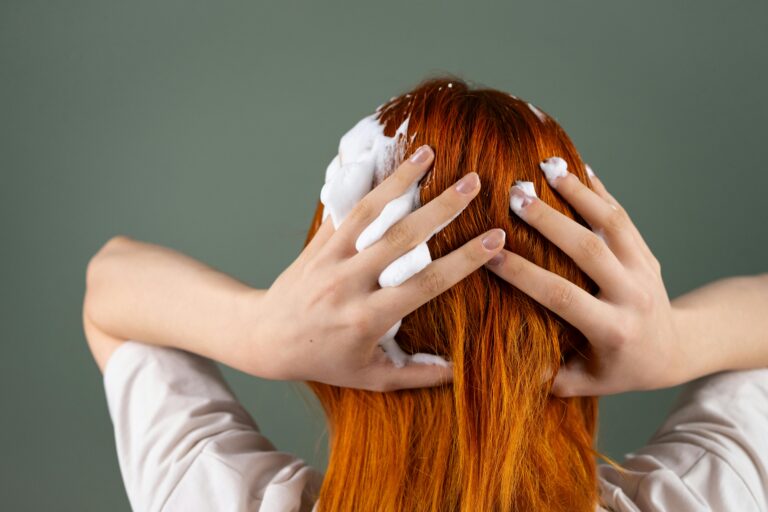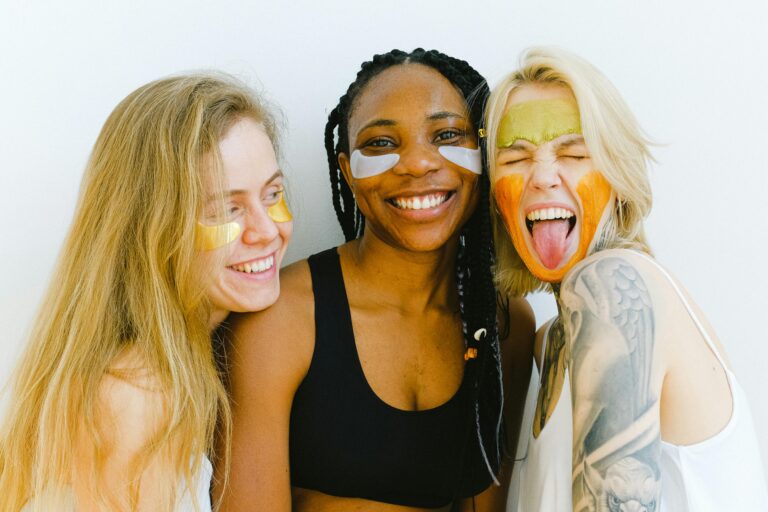What is Fairtrade? 7 Recommended Brands
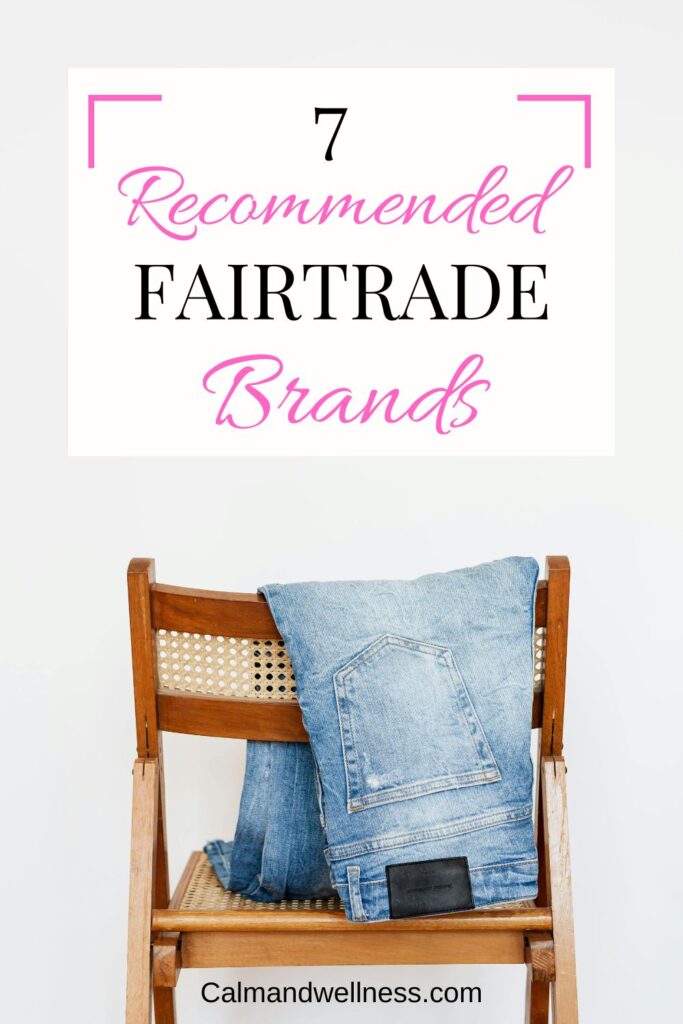
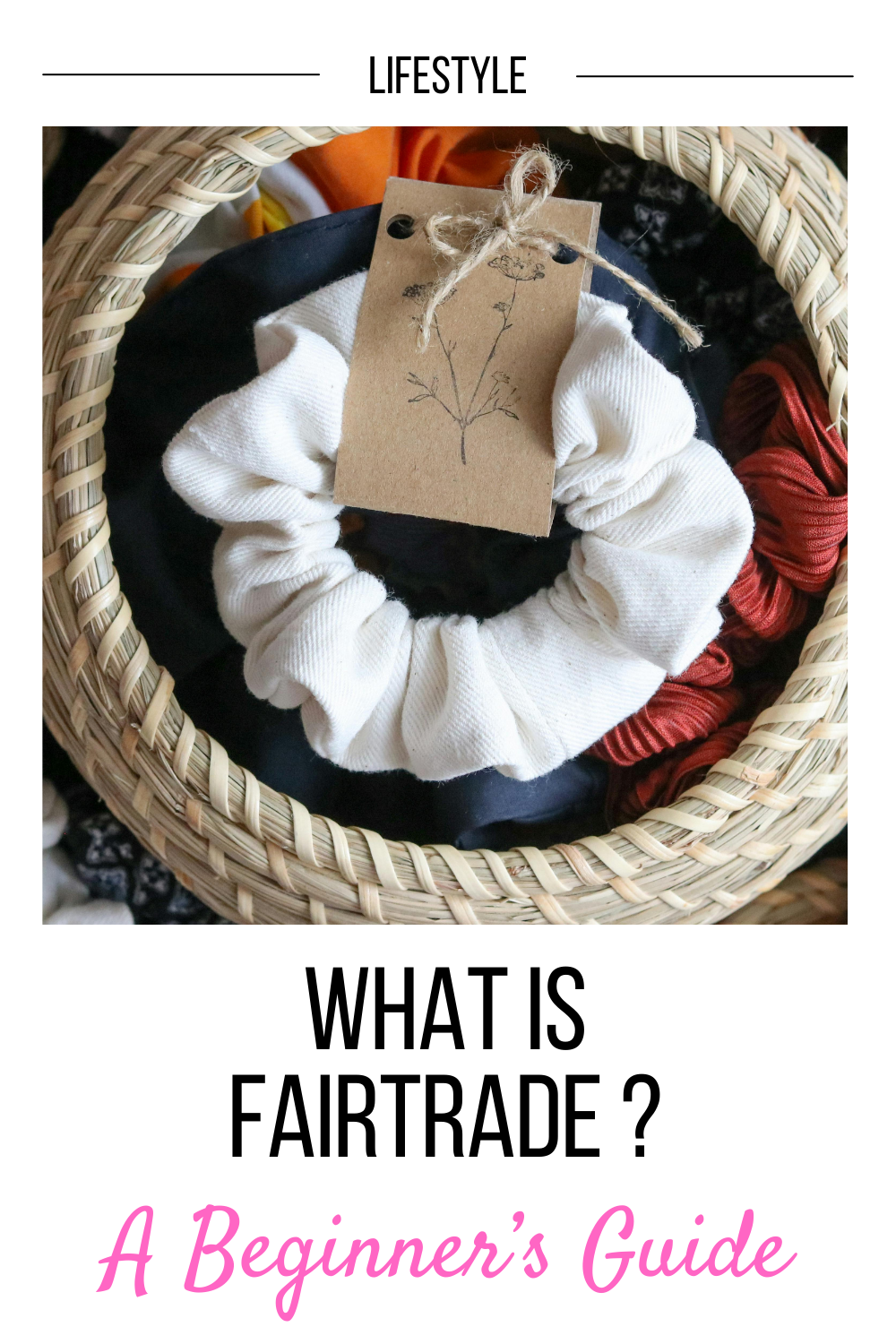
This site contains affiliate links, view the disclosure for more information.
Have you ever spotted that little Fairtrade label on your morning coffee or chocolate bar and thought, “Hmm, sounds good… but what does it actually mean?” Fairtrade isn’t just a trendy buzzword—it’s a global movement that’s helping to create a fairer, more sustainable world, one purchase at a time.
As consumers, we have more power than we sometimes realize. Every time we choose a Fairtrade product, we’re supporting safer working conditions, living wages, and eco-friendly practices for farmers and workers around the world. It’s about people and the planet.
In this post, I’m breaking down exactly what Fairtrade is, why it matters, and how you can make small swaps that create a big ripple effect.
Let’s dive in and become more mindful shoppers together!
What is Fairtrade in Simple Terms?
Alright, let’s break it down in the simplest way possible: Fairtrade is about fairness.
When you see a Fairtrade label, it means the people who made that product—whether it’s your coffee beans, cotton t-shirt, or banana bunch—were paid fairly and worked under safe, respectful conditions. No exploitation, no cutting corners at the expense of workers’ rights.
It also means these products were made with the planet in mind. Fairtrade standards encourage eco-friendly farming, protect natural resources, and limit harmful chemicals. Plus, workers and farmers often get extra funds (called the Fairtrade Premium) that they can reinvest in their communities—like building schools, improving healthcare, or boosting local businesses.
So, when you grab that Fairtrade-certified chocolate bar? You’re helping support ethical wages and environmental care. Pretty sweet, right?
How Does Fairtrade Work?
So, how does all this fairness magic happen behind the scenes?
Fairtrade isn’t just a sticker slapped onto a product for fun—it’s a certification with real teeth. For a product to earn that Fairtrade label, farmers, workers, and companies have to meet some pretty high standards. And the cool part? These standards aren’t just about business—they’re about people, the planet, and long-term progress.
Here’s how it works:
- Rigorous Standards: From wages and worker safety to how crops are grown, Fairtrade sets strict rules that producers must follow. Think of it like a checklist for fairness and sustainability.
- Inspections & Audits: Independent inspectors actually visit farms and factories to make sure they’re following the rules—no greenwashing allowed! These checks happen regularly, not just once.
- Fairtrade Minimum Price: Farmers and producers are guaranteed a minimum price for their goods, so they aren’t left struggling when market prices crash. It’s like a financial safety net.
- Fairtrade Premium: On top of the minimum price, there’s an extra chunk of money (the Premium) that goes directly to the community. The farmers and workers themselves decide how to use it—whether it’s building a school, setting up healthcare clinics, or funding eco-friendly projects.
- Environmental Protections: Fairtrade-certified farms are required to minimize harmful chemicals, manage waste properly, protect water sources, and even boost biodiversity.
In short? Fairtrade makes sure that products are made in a way that respects people and the planet, while giving workers the power to invest in their future.
Why is Fairtrade Important?
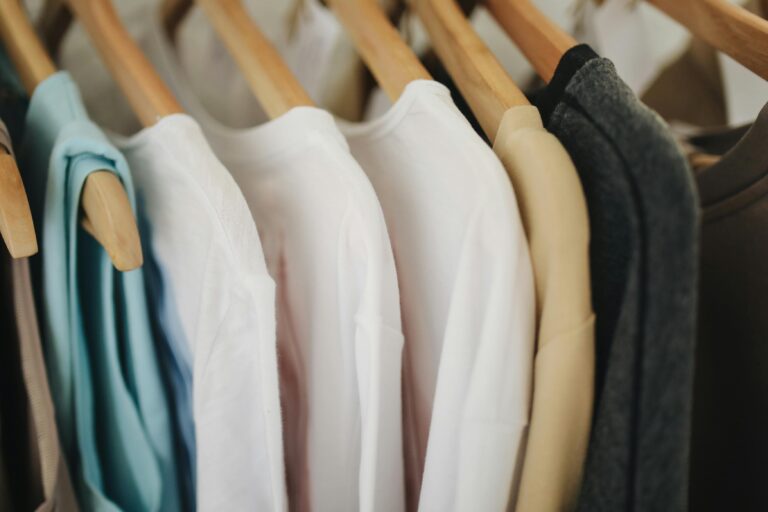
Here’s the truth: the way many of our everyday products are made—whether it’s chocolate, cotton, or coffee—comes at a hidden cost. Behind low prices are often exhausted workers, unfair wages, unsafe factories, and damaged ecosystems. Fairtrade flips the script and makes sure people and the planet come first. Let’s dig into why it matters so much
1. Fairness for Farmers and Workers
Millions of farmers and workers in the Global South (Africa, Latin America, Asia) live on less than $2 a day. Many don’t earn enough to cover basic needs like food, school fees, or healthcare. Fairtrade makes sure they’re paid fair wages, work under safe conditions, and have rights on the job, like the ability to join unions or collectively negotiate.
2. No Child or Forced Labor
Sadly, child labor and modern slavery are still widespread in global supply chains. Fairtrade puts strict rules in place to prevent this, requiring that no one under 15 is employed, and that young people aren’t exposed to dangerous or exploitative work. The focus? Keeping kids safe and in school.
3. Fighting Poverty & Inequality
Fairtrade is one tool helping to reduce global poverty and inequality. By ensuring fair prices and reinvesting profits into community projects, Fairtrade supports education, healthcare, and infrastructure in underserved regions. It’s about creating real, long-term change, not just short-term fixes.
4. Gender Equality
Did you know women in agriculture are often left out of decision-making, denied land ownership, and even paid less than their male counterparts? Fairtrade takes action by banning discrimination, promoting equal pay, and funding programs specifically designed to empower women and girls.
5. Climate Change and Environmental Protection
Fairtrade doesn’t just care about workers; it cares about the planet too. Certified farms follow eco-friendly practices like cutting back on harmful chemicals, protecting soil and water, and boosting biodiversity. They even reward farmers who grow organically with higher prices!
Climate change hits farmers and rural communities first and hardest. Fairtrade helps farmers adapt and prepare for a changing climate by:
- Funding tree-planting and reforestation.
- Supporting clean energy and sustainable farming techniques.
- Offering “carbon credits” so communities can earn funds by cutting emissions.
In a nutshell? Fairtrade is a global safety net—for farmers, for workers, and for the Earth. It empowers people to rise above poverty, protects children and workers from exploitation, and helps keep our ecosystems healthy.
And here’s the best part: we can all be part of the solution, just by making mindful choices when we shop.
Fairtrade vs. Organic: What’s the Difference?
When it comes to ethical shopping, Fairtrade and Organic often pop up together—but they’re not the same thing! Fairtrade is all about people, making sure farmers and workers get fair pay and work under good conditions. Organic, on the other hand, focuses on how products are grown, cutting out chemicals and GMOs to keep things natural and eco-friendly. Fun fact? Some products are both Fairtrade and Organic, but one doesn’t automatically mean the other. Knowing the difference helps you shop smarter and support both people and the planet!
How to Find Fairtrade Products
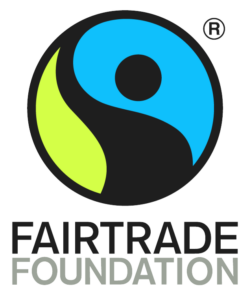
So, ready to support Fairtrade but not sure where to start? Don’t worry—it’s easier than you might think!
The simplest way is to look for the Fairtrade Certified logo on packaging. It’s usually a little symbol with a person holding up one hand in a blue and green circle. Once you know what to look for, you’ll start spotting it everywhere!
Here are some common products where Fairtrade shows up:
- Coffee & Tea
- Chocolate & Cocoa
- Bananas & Fresh Produce
- Sugar
- Cotton (think: t-shirts, socks, tote bags)
- Flowers
- Wine & Spirits
Pro Tip: Many grocery stores now have dedicated Fairtrade sections, and online shops often highlight Fairtrade brands too. Specialty shops, co-ops, and eco-friendly retailers are also great places to hunt down Fairtrade goodies.
Our Recommended Brands
Here’s where the empowerment kicks in. Every purchase you make is like a mini vote for the kind of world you want to live in. Here’s how you can help build a fairer, more sustainable global economy:
1. Terra thread
- Sustainable bag brand
- Fairtrade certified factories + cotton
- Handmade from organic GOTS certified cotton
- Each purchase gives back to Feeding America
- Made without GMOs, toxic dyes or chemicals
- B Corporation
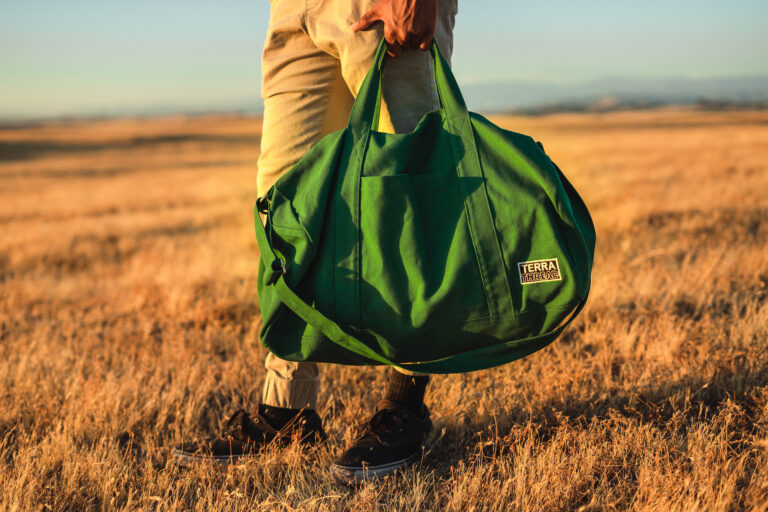
2. Pact
- Clothing basics, underwear and socks for both men, women, kids, and babies
- Manufactured in Fairtrade certified factories
- Made from organic cotton which uses up to 95% less water than conventional cotton, and doesn’t contain the harsh chemicals, bleaches or dyes that conventional cotton uses
- Recyclable paper bags for packaging products
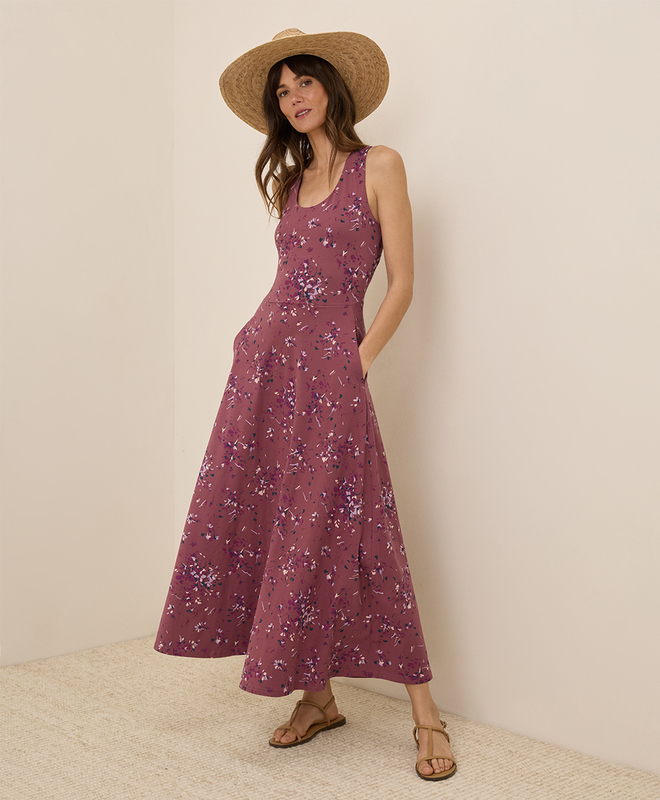
3. Ethique
- Solid beauty bars (shampoo, conditioner, face cleanser)
- Fairtrade and sustainably sourced ingredients
- Certified carbon-neutral and plastic-free
- Vegan and cruelty-free
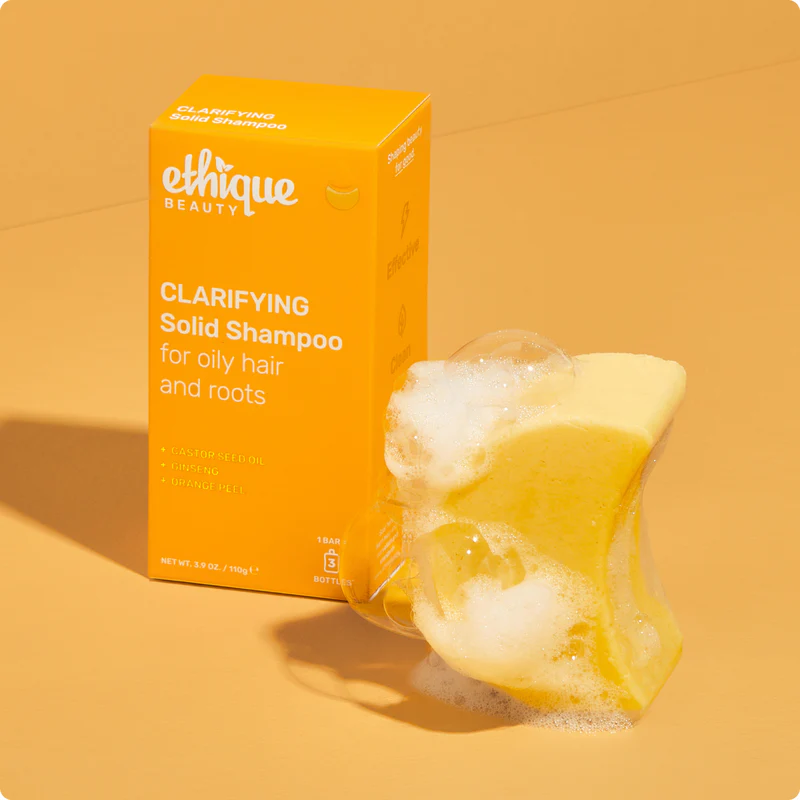
4. Alter Eco
- Organic and Fairtrade-certified chocolate & pantry staples
- Regenerative agriculture practices
- Compostable packaging for many products
- Certified B Corporatio
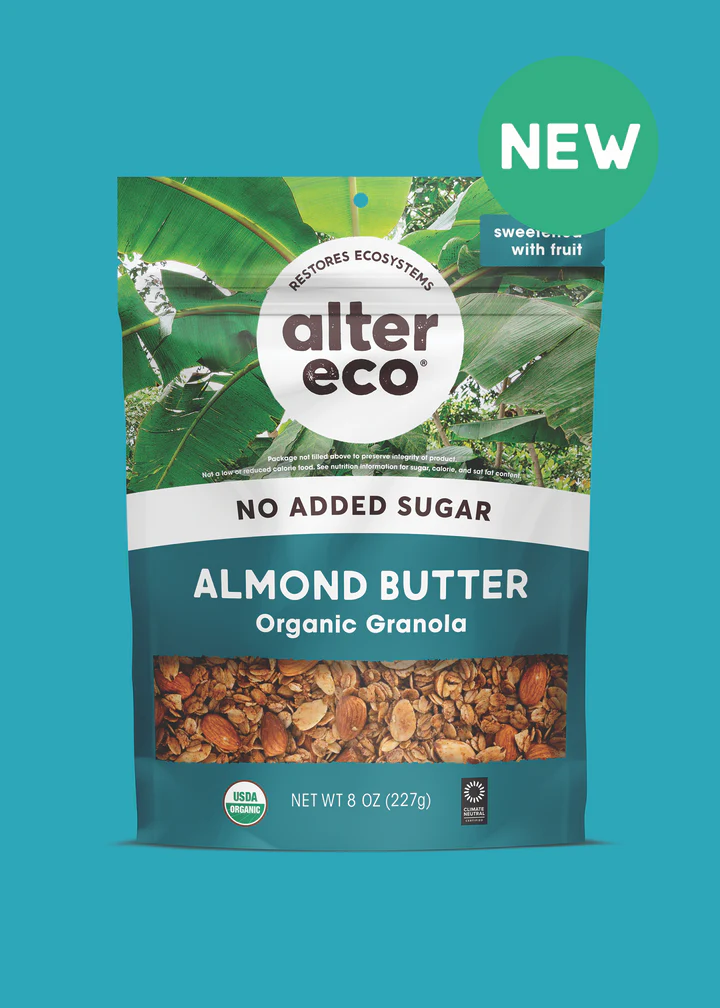
5. Cotopaxi
- Sustainable adventure gear
- Most of their logowear and hats are made in a Fairtrade certified facility
- Made from deadstock + recycled materials
- Net zero commitment
- Repair + trade-in programs
- Every bag is one of a kind – employees are given creative control to determine its unique color scheme
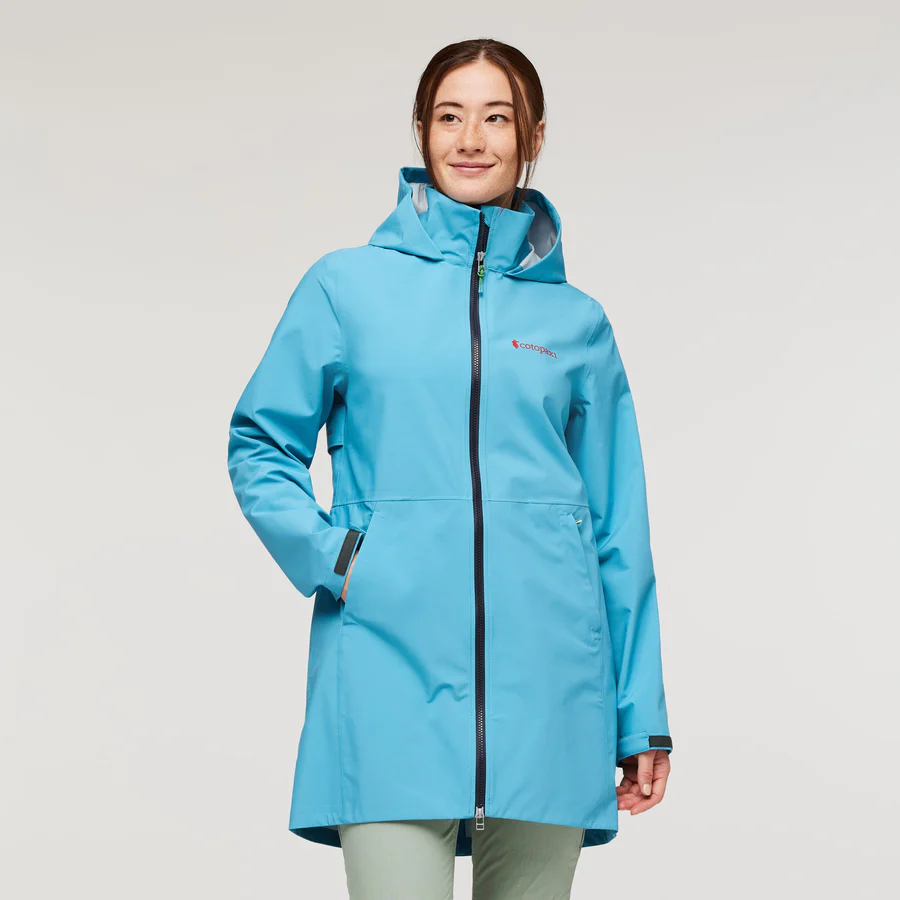
6. Kooshoo
- Sustainable + plastic-free hair accessories
- Fairtrade rubber + cotton
- GOTS certified organic cotton + non-toxic dyes
- Plastic-free packaging + shipping
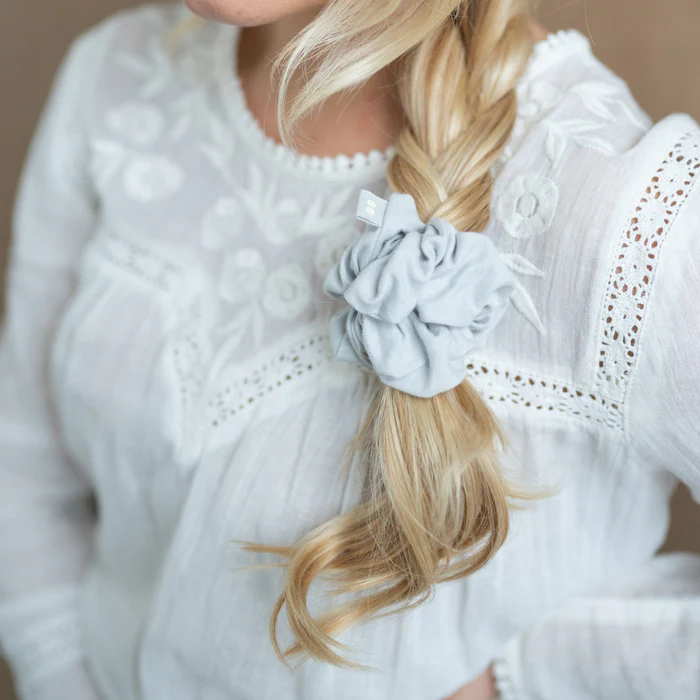
7. Equal Exchange
- Fairtrade coffee, tea, chocolate, bananas & other goods
- Worker-owned cooperative
- Longstanding relationships with small-scale farmers
- Organic and eco-friendly focus
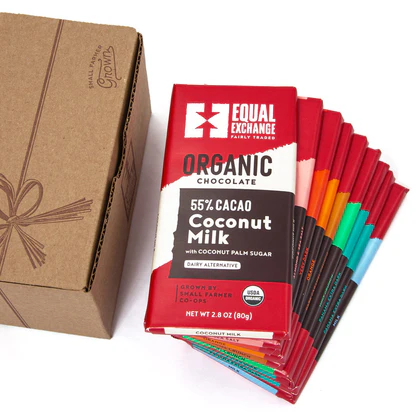
FINAL THOUGHTS
Fairtrade isn’t just a label—it’s a movement that’s helping to make trade more just, humane, and sustainable. By making mindful choices, you’re not just buying a product—you’re backing a system that puts people and the planet first.
So, next time you grab that cup of coffee or new tee, take a peek at the label. That small Fairtrade logo? It means you’re helping create big change.
READ MORE

